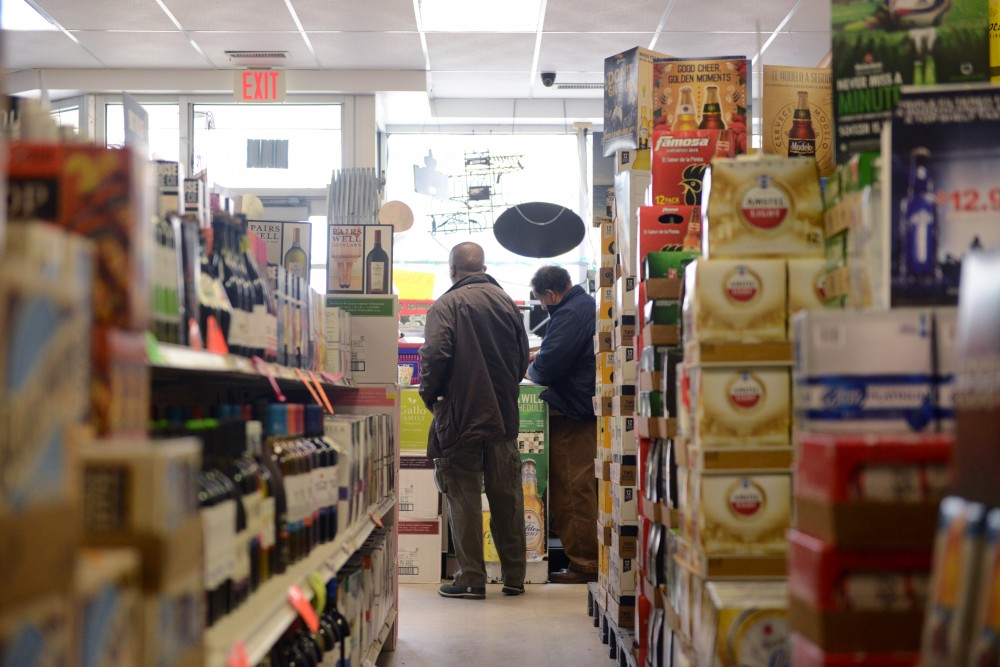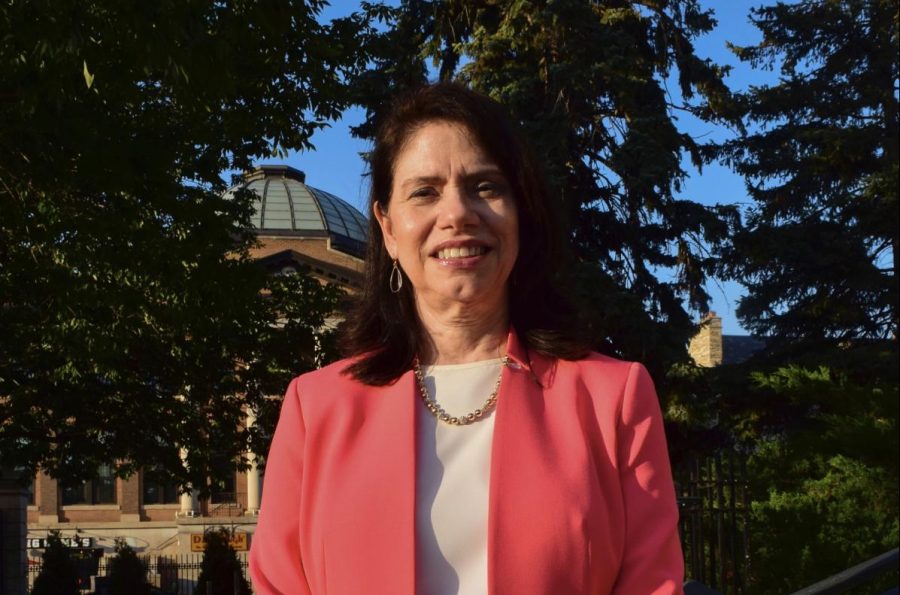After the repeal of a more than 150-year ban, some liquor stores in the University of Minnesota area are torn on whether to open on Sundays.
Gov. Mark Dayton signed a bill passed by legislators March 7 to allow stores to sell alcohol on Sundays after July 1 after years of increased pressure.
Some area liquor stores are already gearing up for the change.
At Dinkytown Wine and Spirits, owner Irv Hershkovitz said while Sunday sales have pros and cons, he will open on Sundays.
“I was actually split down the middle, but I know that Sunday will be a good day for us in business,” Hershkovitz said.
Hershkovitz said he receives year-round pressure from customers who want Sunday sales. He said he often fields questions from new, out-of-state students at the start of the school year who were unaware of the ban.
Before the ban was lifted, Minnesota was one of 12 states that prohibited Sunday liquor sales.
Hershkovitz said when the store moved its closing time from 8 p.m. to 10 p.m., its sales rose. He hopes this will happen again, but can’t be sure.
While the change will impact Hershkovitz’s staffing schedules, he said employees haven’t voiced any aversion to working Sundays.
Meanwhile, Cedar Riverside Liquor owner Enuye Faneta said nearly half of her customers asked her to open on Sundays so they wouldn’t need to drive to Wisconsin for liquor.
But Faneta said she is unsure of whether the store will sell on Sundays.
It’s convenient for her to have Sunday off since the store is family-run, she said.
“I have to have one day for my family and for my church, and for me too,” she said.
However, the store is her only source of income, and bypassing opening on Sundays could drive customers to bigger stores.
Faneta said she and her family will continue to discuss whether or not to open Sundays.
Opponents of the change said stretching liquor sales over seven days a week would hurt rural and smaller businesses by increasing overhead and allowing big-box and chain stores to undercut them.
Sen. Kari Dziedzic, DFL-Minneapolis, said she voted in favor of Sunday sales because of the large number of calls from constituents who favored it. Those who contacted her were from all across her district and from multiple demographics, including University students, she said.
Five years ago, Dziedzic voted against a similar bill because most of her constituents contacted her to oppose it. She said the bill needed to take “baby steps” and make compromises to gain appeal.
She said the July start date was meant to give cities time to update ordinances to comply with Sunday sales.








